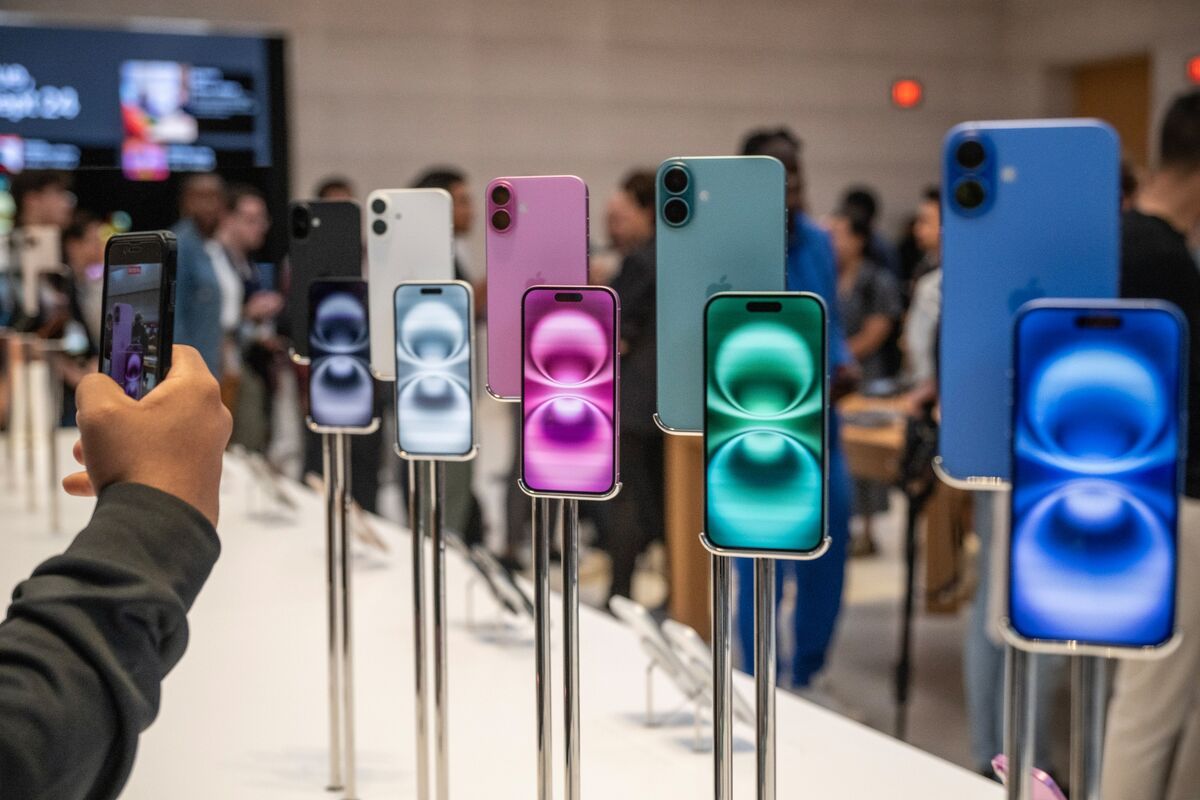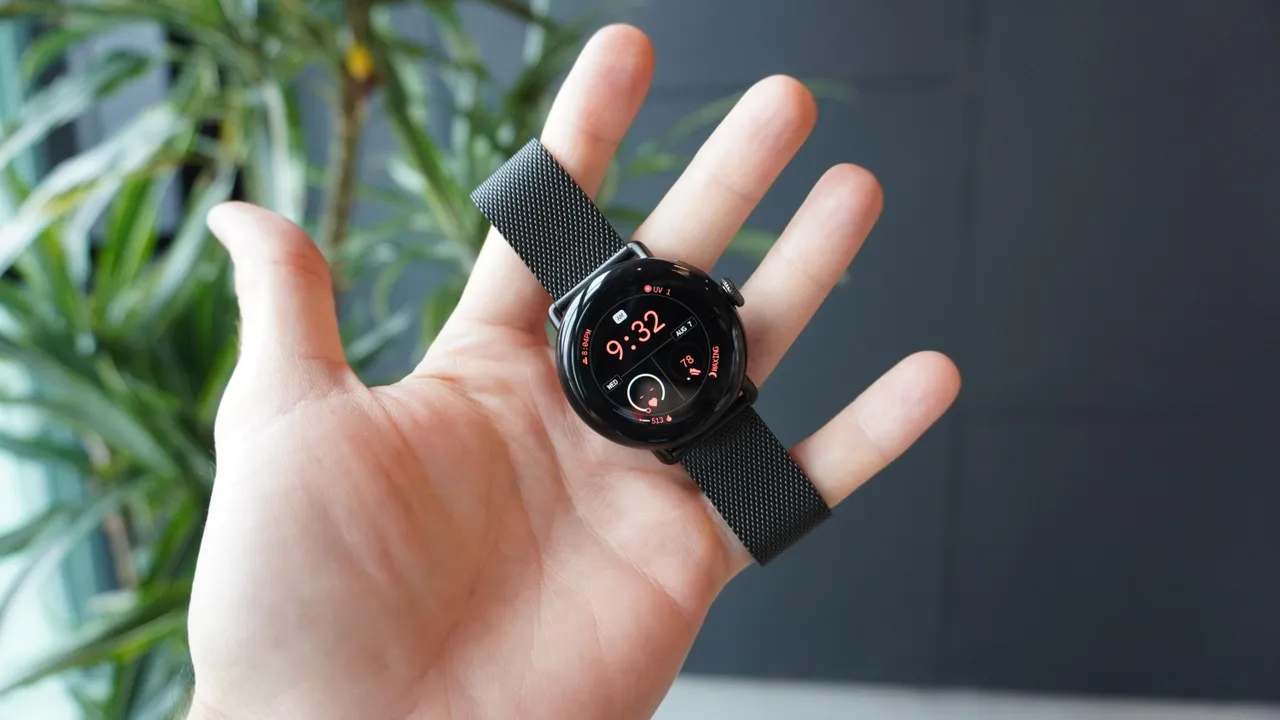In a significant move towards bolstering user privacy, Android 15 is set to introduce a suite of new features designed to enhance security and give users more control over their personal data. Among these updates, the most notable is the potential for users to obscure their location from carriers and apps on demand, marking a pivotal shift in the way location data is managed on mobile devices.
Android 15 continues Google’s commitment to improving user privacy and security across its ecosystem. The latest version includes advancements such as the Privacy Sandbox, which aims to create a more private web browsing experience by limiting cross-site tracking while still enabling personalized advertising. Additionally, Android 15 builds upon previous versions by integrating Health Connect, providing a secure platform for managing health and fitness data, and introducing new file integrity APIs to protect against unauthorized file modifications.
One of the most user-focused enhancements is the ability to share or record only a part of the screen, rather than the full display, during screen-sharing sessions. This update requires user consent for each session, adding an extra layer of privacy.
For developers and creators, Android 15 offers improved control over camera hardware and introduces Virtual MIDI 2.0 Devices support, enabling more sophisticated app interactions with musical instruments. On the performance front, Android 15 introduces a dynamic performance framework that allows apps to interact more directly with the device’s power and thermal systems, optimizing for either performance or power efficiency as needed.
The Android 15 Preview program outlines a detailed timeline for developers, starting with the initial Developer Preview releases focusing on API feedback and app compatibility. The program progresses through several stages, culminating in the Platform Stability milestone, expected to be reached in June 2024. This milestone indicates that Android 15 has finalized its APIs and app-facing behaviors, giving developers a clear target for their final testing and compatibility adjustments before the official release.
Android’s approach to privacy in its latest OS version includes not just new features but a reinforcement of its existing privacy framework. The Privacy Dashboard, introduced in Android 12, is a central component of this framework, providing users with a clear view of how apps access their location, microphone, and camera. Android 12 also introduced microphone and camera indicators and toggles, allowing users to easily disable access to these sensors for all apps, enhancing personal privacy.
These developments reflect Android’s ongoing effort to balance the ecosystem’s needs with those of its users, prioritizing transparency, control, and security. With Android 15, the platform takes another step forward, offering features that promise to significantly improve the user experience in terms of privacy and data security










Add Comment